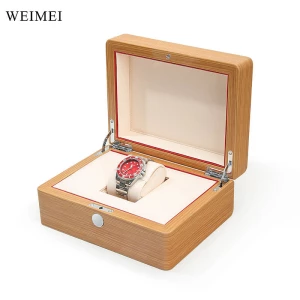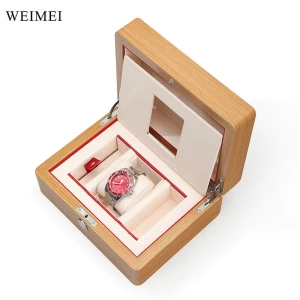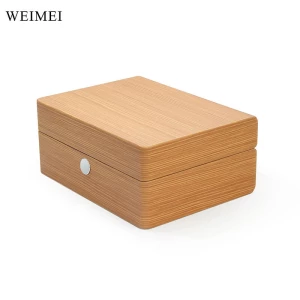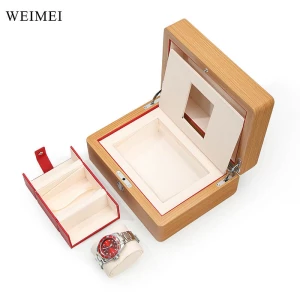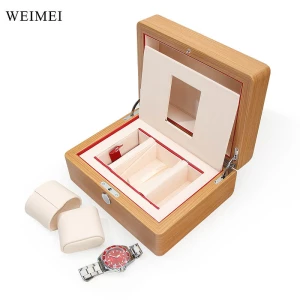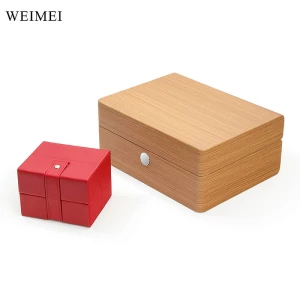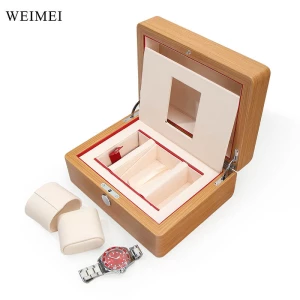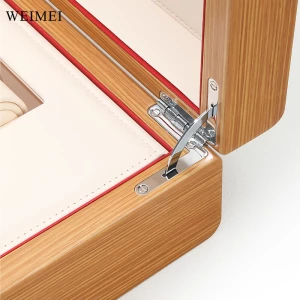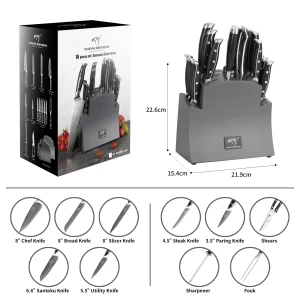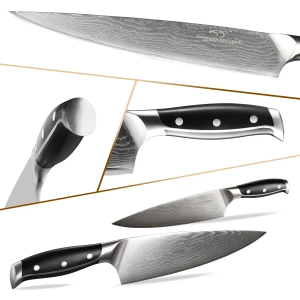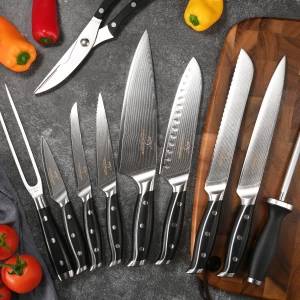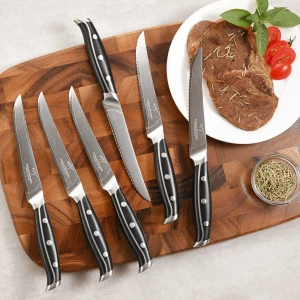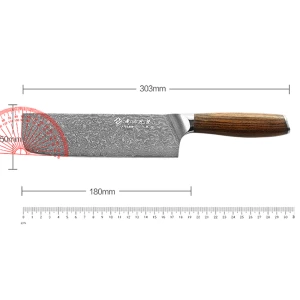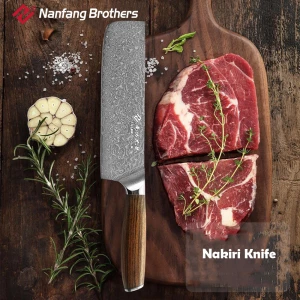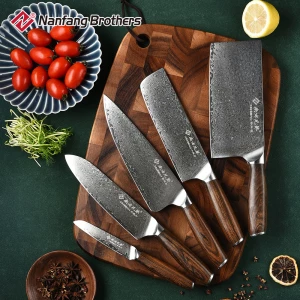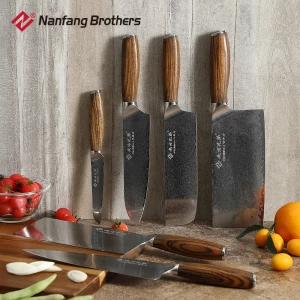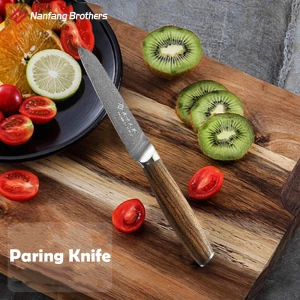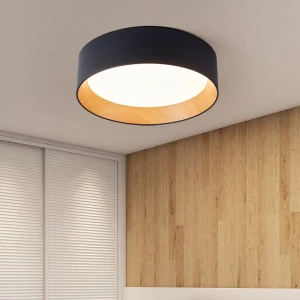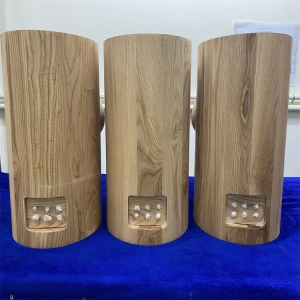Best Drill Bits for Wood: Types, Uses, and Buying Guide
When it comes to woodworking, having the right drill bits for wood is essential for precision and efficiency. Whether you're a DIY enthusiast or a professional carpenter, understanding the different types, features, and applications of these tools can make a significant difference in your projects. This guide will help you navigate the options and make informed decisions.
How to Find Reliable Drill Bits for Wood from China in 2025
China remains a leading manufacturer of high-quality drill bits for wood, offering competitive prices and a wide range of options. To find reliable suppliers, consider platforms like Alibaba, which vet manufacturers and provide customer reviews. Look for suppliers with certifications such as ISO 9001 and a proven track record in exporting to your region.
What Buyers Should Know Before Buying Drill Bits for Wood from China
Before purchasing, verify the material quality—high-speed steel (HSS) or carbide-tipped bits are ideal for wood. Check minimum order quantities (MOQs) and shipping costs, as these can impact your budget. Additionally, request samples to test performance before committing to bulk orders.
Types of Drill Bits for Wood
1. Twist Drill Bits: Versatile and suitable for general wood drilling.
2. Spade Bits: Ideal for drilling large holes quickly.
3. Forstner Bits: Perfect for clean, flat-bottomed holes.
4. Auger Bits: Designed for deep, precise holes in hardwoods.
5. Brad-Point Bits: Offer superior accuracy for fine woodworking.
Functions and Features of Drill Bits for Wood
Wood drill bits are designed with specific features to enhance performance. For example, brad-point bits have a sharp tip for precise starting, while spade bits include spurs to cleanly cut wood fibers. Coatings like titanium nitride reduce friction and extend bit life.
Scenarios of Drill Bits for Wood
Different projects require specific bits. For furniture making, Forstner bits are ideal for hinge installations. Auger bits excel in timber framing, while twist bits handle everyday tasks like assembling shelves.
How to Choose Drill Bits for Wood
Consider the wood type (softwood vs. hardwood), hole size, and project requirements. For hardwoods, opt for carbide-tipped bits. Ensure the shank matches your drill's chuck size (e.g., 1/4" or 3/8").
Drill Bits for Wood Q & A
Q: What’s the best drill bit for hardwood?
A: Carbide-tipped or brad-point bits are best for hardwoods due to their durability and precision.
Q: Can I use metal drill bits for wood?
A: While possible, metal bits lack the sharp edges needed for clean wood cuts and may cause splintering.
Q: How do I prevent splintering when drilling wood?
A: Use a brad-point bit or place masking tape over the drill area to reduce splintering.
Q: What’s the difference between HSS and carbide bits?
A: HSS bits are affordable and good for softwoods, while carbide bits last longer and handle hardwoods.
Q: How often should I replace wood drill bits?
A: Replace them when they become dull or show signs of wear, such as reduced cutting efficiency.









